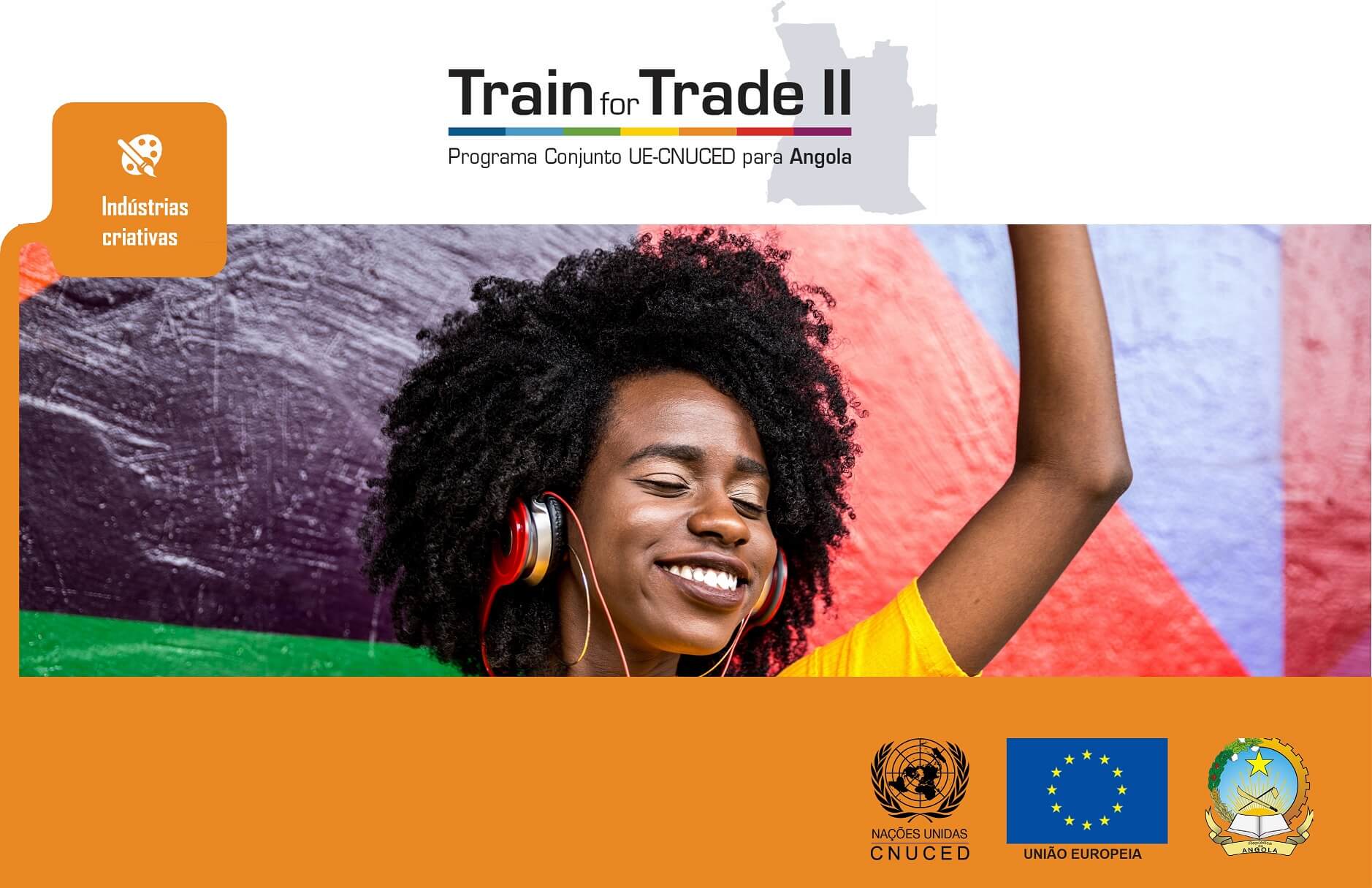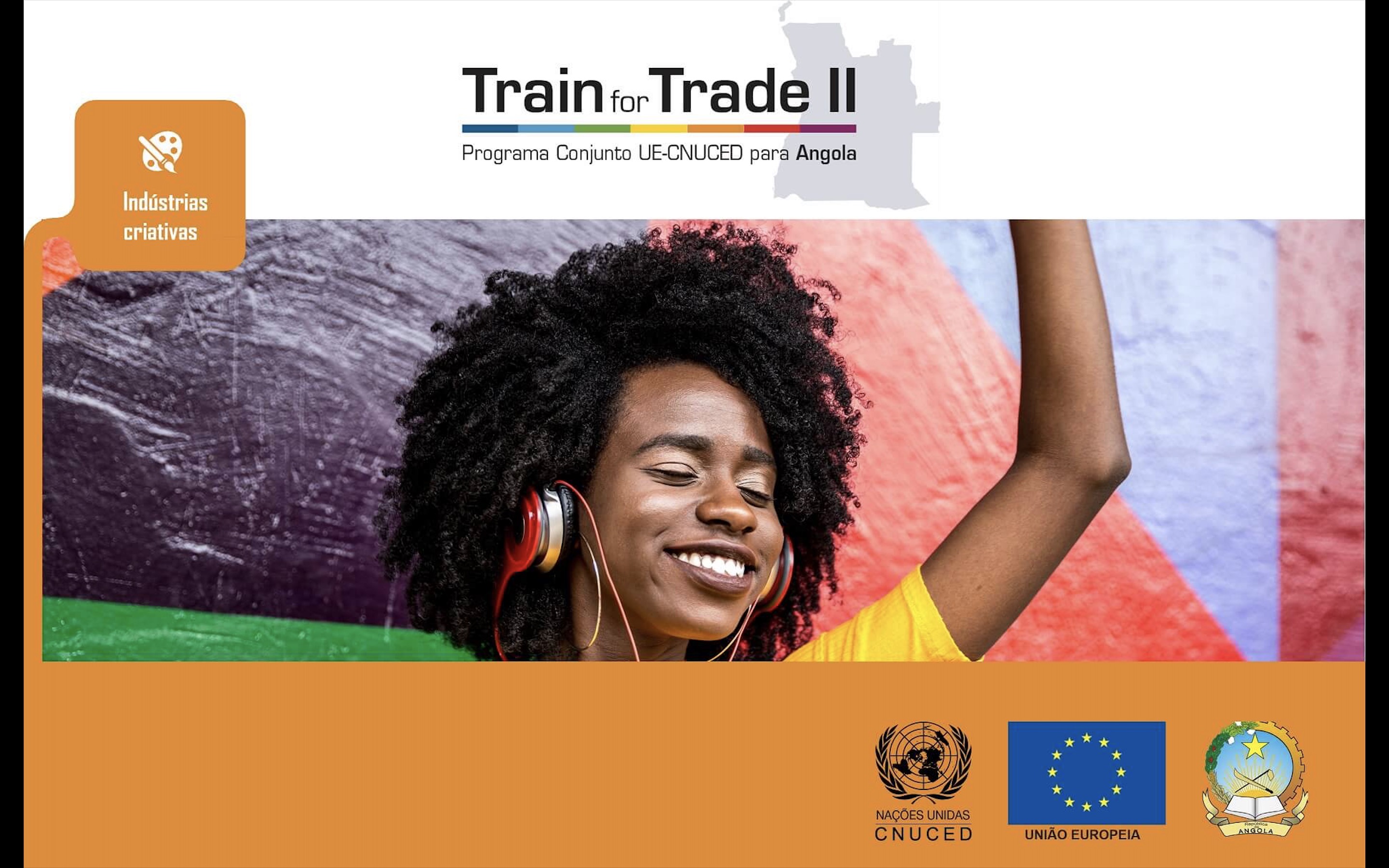Search results: 152
Colombia 2019

The UNCTAD secretariat is pleased to announce that the regional course on key issues on the international economic agenda, which is designed for economies in Latin America and the Caribbean, will be hosted by EAFIT University with the support of the Ministry of Foreign Affairs of Colombia, from 22 July to 2 August 2019.
The course will focus on the links between trade, investment, finance and development, including in the context of international trade negotiations. Its aims are as follows:
(a) Enhance understanding of the relationship between these areas and their links to country development strategies;
(b) Provide participants with the knowledge and skills necessary for designing and implementing trade and development policies, as well as for trade negotiations, corresponding to the needs and interests of their countries.
The course syllabus will draw on the perspective of UNCTAD, its analytical work and lessons learned from its technical cooperation activities and will be enriched by the competence and expertise of representatives of the Economic Commission for Latin America and the Caribbean and of national experts in these areas of work.
The course is aimed primarily at mid-level government officials in ministries and institutions who are involved in the formulation and implementation of national trade and development policies, and who deal with issues related to trade, investment, finance and development. As appropriate, and depending on the availability of space, other applicants, such as university academics, may be considered.
Commercial English for Trade and Investment Negotiators
The Commercial English for Trade and Investment Negotiators is designed to equip participants with the essential language skills and negotiation strategies necessary to succeed in the global business world. Effective negotiation is a critical skill in various professional settings to diplomatic relations. Negotiations - these are negotiations between states or groups of states either at the bilateral, plurilateral, or multilateral level, the state-2-state content will enhance and build the linguistic and interpersonal skills needed to become a more confident and persuasive negotiator in English.
Objectives
The Commercial English for Trade and Investment Negotiators aims to equip participants with the necessary skills, knowledge, and strategies to effectively engage in and navigate the complexities of international trade agreements and discussions. The objectives include:
Negotiation Strategies and Techniques: Teach various negotiation strategies and tactics specific to trade agreements, including interest-based negotiation, win-win strategies, and how to handle complex trade-related issues effectively.
Cultural and Contextual Awareness: Highlight the significance of cultural understanding and contextual analysis in trade negotiations, emphasizing how cultural differences can influence negotiations and how to navigate them successfully.
Communication and Persuasion Skills: Enhance participants' communication, persuasive, and argumentation skills necessary for effective negotiation, including verbal and non-verbal communication, active listening, and building rapport.
Ethical and Legal Considerations: Discuss ethical issues related to trade negotiations, such as transparency, fairness, and ethical decision-making in trade agreements.
Methodology
The methodology for the course typically involves a combination of instructional strategies and interactive learning approaches to ensure a comprehensive understanding and practical application of trade negotiation concepts.
Lectures and Presentations: Provide foundational knowledge through lectures and presentations delivered by subject matter experts. These sessions can cover theoretical frameworks, historical contexts, and key concepts in trade negotiation.
Case Studies: Use real-world case studies of past trade negotiations to analyze successful and unsuccessful strategies. This allows participants to understand practical challenges and effective approaches in different negotiation scenarios.
Role-Playing and Simulations: Conduct simulated negotiation exercises where participants take on different roles, representing various stakeholders in trade negotiations. This hands-on approach helps apply theory to practice, improving negotiation skills in a controlled environment.
Contents
Week 1-2: Introduction to Negotiation
- Understanding negotiation principles and terms.
- Exploring the role of negotiation in business and everyday life.
Week 3-4: Language Essentials for Negotiation
- Building a negotiation vocabulary.
- Practicing effective negotiation communication.
Week 5-6: Active Listening and Body Language
- Developing active listening skills.
- Utilizing body language in negotiation.
Week 7-8: Cultural Awareness in Negotiation
- Understanding the impact of culture on negotiation.
- Adapting to different cultural contexts.
Week 9-10: Negotiation Strategies and Conflict Resolution
- Learning negotiation tactics and strategies.
- Analyzing and resolving conflicts in negotiations.
Competências e Técnicas para Negociadores Comerciais
O principal objectivo do formação é proporcionar linhas orientadoras aos funcionários e negociadores comerciais angolanos sobre a formulação de um quadro de política comercial nacional e condução de negociações comerciais, incluindo tácticas e estratégias de negociação.
Cours introductif sur les mesures non tariffaires (MNTs)

Objectif :
Le cours en ligne sur les MNT est un cours d'introduction facile, concis mais complet. Il sert de point de départ pour acquérir des connaissances sur les MNT et offre une vue d'ensemble du travail de la CNUCED sur ce sujet. Grâce à ce cours, le public sera en mesure de comprendre (1) ce que sont les MNT et pourquoi elles sont importantes, (2) les effets des MNT et leurs liens avec les ODD, (3) comment la CNUCED travaille sur les MNT et (4) comment la CNUCED peut apporter de la valeur au public.
Public :
Le cours vise les dirigeants politiques et de chercheurs tels que les hauts fonctionnaires, les points focaux sur les MNT et les chercheurs en commerce.
Conditions préalables :
Une connexion Internet est requise car la conférence multimédia et le test d'évaluation se déroulent entièrement à partir du site Web du cours.
Notation et certificat :
Un certificat sera délivré aux participants à l'issue de la conférence multimédia et de l'évaluation du cours, ainsi qu'à leur réussite au test d'évaluation à la fin du cours.
Cuba 2005

Government officials and academics from eight Latin American and Caribbean nations will be trained by UNCTAD in the use of multidisciplinary approaches to trade and development issues in Havana, Cuba. The regional training course on "Key Issues on the International Economic Agenda", to be held from 28 February to 16 March, is being organized jointly by UNCTAD and the Cuban Ministry of Foreign Trade, which is hosting the event.
The linkages between trade, investment and development; their implications for integrated development strategies; and national experiences with trade and development policies for countries in the region will be explored. The course syllabus has been designed to draw on UNCTAD´s expertise in trade and development policies, financial flows and macroeconomic management, investment and technology, trade facilitation measures and e-commerce and development. The 18 participants will learn about the analytical and research work of UNCTAD, of Cuba´s Ministries of Foreign Trade, Informatics and Communication and Foreign Investment and Economic Cooperation, of the University of Havana and of the Cuban Center for World Economy Studies.
The course is part of a series mandated by the Bangkok Plan of Action adopted at UNCTAD X in February 2000 and reaffirmed in the São Paulo Consensus adopted at UNCTAD XI in June 2004. At UNCTAD X, UNCTAD was requested to strengthen the understanding of decision makers from developing countries of key development issues on the international economic agenda within UNCTAD´s fields of competence. Two general courses were offered in 2001-2002, along with five regional courses in Asia and the Pacific, Latin America and the Caribbean, Western Asia, Africa and transition economies.
Curso de formação sobre a Facilitação do Comércio
A CNUCED, no âmbito do Programa Conjunto UE-CNUCED para Angola: Train for Trade II, financiado pela União Europeia, entregou um programa profissional completo de capacitação online para os membros do Comité Nacional de Facilitação do Comércio (CNFCs) de Angola e seu secretariado de 28 de Setembro a 30 de Novembro de 2021.
O curso de formação online para a Facilitação do Comércio foi ministrado através de uma plataforma online, incluindo várias exercícios interactivos, com base no conteúdo fornecido no âmbito do pacote de formação presencial Programa de capacitação da CNUCED para CNFCs.
O principal objectivo do pacote de formação é capacitar os CNFCs a cumprirem com sucesso o seu mandato de implementar reformas de facilitação do comércio, incluindo as disposições do Acordo de Facilitação do Comércio da Organização Mundial do Comércio, de uma forma coordenada. Os CNFCs eficientes ajudam os países a racionalizar o seu comércio internacional.
Objectives
O principal objectivo do pacote de formação é capacitar os CNFCs a cumprirem com sucesso o seu mandato de implementar reformas de facilitação do comércio, incluindo as disposições do Acordo de Facilitação do Comércio da Organização Mundial do Comércio, de uma forma coordenada. Os CNFCs eficientes ajudam os países a racionalizar o seu comércio internacional.
Methodology
O curso de formação online para a Facilitação do Comércio foi ministrado através de uma plataforma online, incluindo várias exercícios interactivos, com base no conteúdo fornecido no âmbito do pacote de formação presencial Programa de capacitação da CNUCED para CNFCs.
Target Audience
Agências do sector público e devárias entidades do sector privado envolvidas no Comité Nacional de Facilitação do Comércio.













